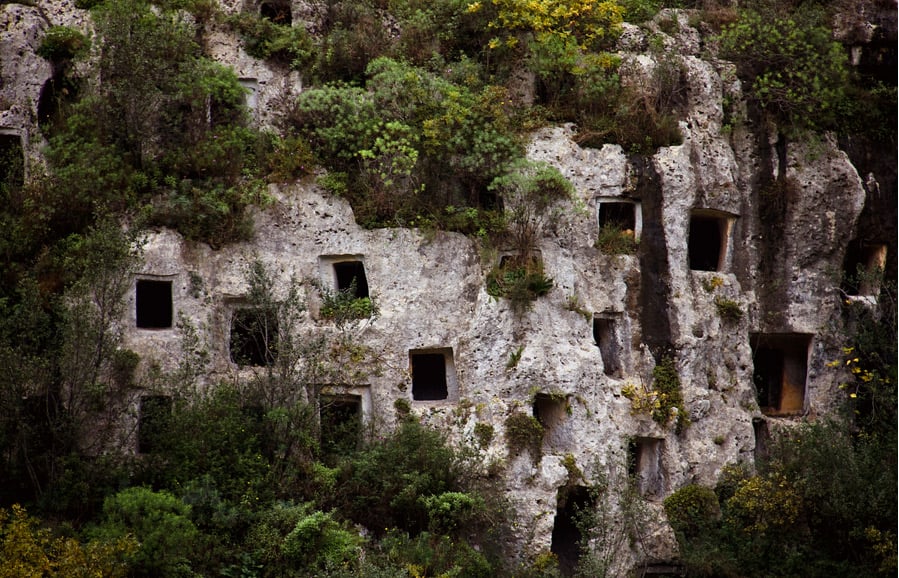
Sicani, Siculi, Elimi Forme di identità, modi di contatto e processi
Gli Elimi (in greco antico:. Sicani; Siculi; Altri progetti. contiene immagini o altri file su ; Collegamenti esterni. elimi, in Dizionario di storia, Istituto dell'Enciclopedia Italiana, 2010. Èlimi, su sapere.it, De Agostini. (EN) Elymi, su Enciclopedia Britannica, Encyclopædia Britannica.

Reporter 5 by ELVIRA USSIA Issuu
Gli Elimi, i Siculi e i Sicani sono poco conosciuti dalla maggior parte di noi, ma sono i primi, originali, siciliani. Non si conosce il momento esatto in cui i Greci, i Fenici, i Cartaginesi e i Latini (non ancora conosciuti come i potenti Romani) sono entrati in contatto con questo popolo, ma possiamo fare un'ipotesi colta.
Storia e cultura della Sicilia Nobile e barocca Poggioreale ovvero Elima
Per quanto riguarda i Siculi, Tucidide riteneva che fossero originari della penisola italica e che, spinti dagli Opici, sarebbero giunti numerosi in Sicilia dopo l'arrivo degli Elimi, cioè dopo la caduta di Ilio. I Siculi avrebbero sconfitto e respinto i Sicani nella parte meridionale e occidentale dell'isola ed avrebbero abitato la parte.

Sicani Siculi Siculamente
Lo studio si propone di dare una identità alle popolazioni protostoriche, Sicani, Siculi ed Elimi, che i Greci trovarono in Sicilia al momento della fondazione dei loro primi insediamenti. Punto di partenza è l'analisi diacronica di tutte le fonti storiche, segue un esame accurato delle narrazioni mitologiche.

Siculi & Sicani YouTube
Legend has it that the Siculi met the Sicani and defeated them in a large pitched battle. LANGUAGE. Evidence of the Siculi language comes is the fifth or sixth century b. c.e. Possibly a drinking song, the incomplete inscription in the Greek alphabet from a wine vessel, as well as small fragments preserved as glosses by ancient writers show an.

I popoli autoctoni di Sicilia e l'arrivo degli stranieri (Tra Storia e
La nascita dei Sicani dovette precedere di poco l'arrivo da Calabria, Campania e Puglia di tribù di popoli italici abili nel lavorare il bronzo e allevare i cavalli. Dopo aver attraversato su zattere lo stretto di Messina, i nuovi arrivati si unirono agli indigeni come il lievito sulla farina. E la storia sfornò un altro popolo simile eppure.

Province e comuni siciliani Benvenuti su goccediperle!
"Siculi", "Sicani", "Elimi", were just some of the first inhabitants. A rich land with a mild climate, Sicily has always been ready to open its doors to everyone: the Greeks started moving to Sicily from the 8th century B.C. , looking for vergin lands to cultivate. Rome conquered Sicily in 241 B.C. and agriculture was improved in.
%24.jpg)
La necropoli di Pantalica e la valle dell'Anapo Prima di Pantalica, le
As a result of their rapid assimilation with the Greeks, the Elymians remain the most mysterious of Sicily's three ancient "indigenous" peoples (Sicanians, Sicels, Elymians). By 1100 BC (BCE), the Elymians (or Elymi, Elimi or Elami, from the Greek Elymoi) had established several cities in northwestern Sicily, apparently displacing the Sicanians in these areas, though there is evidence of.

Copia di Le civiltà italiche by Denise Cardilli
La Sicilia, prima dell'arrivo della colonizzazione ellenica, non fu abitata da diverse popolazioni come Sicani, Elimi e Siculi: ma dai greci chiamati antichi popoli di Sicilia . Queste furono le popolazioni preelleniche della Sicilia che i Greci trovarono quando arrivarono sull'isola nel 1234 a.C. .

Sicani Siculi Siculamente
The Sicani or Sicanians were one of three ancient peoples of Sicily present at the time of Phoenician and Greek colonization. The Sicani dwelt east of the Elymians and west of the Sicels , having, according to Diodorus Siculus , [1] the boundary with the last in the ancient Himera river ( Salso ) after a series of battles between these tribes.

ITALIA OMNIUM TERRARUM PARENS La civiltà degli Enotri, Choni, Ausoni
Sicani, siculi, elimi forme di identità, modi di contatto e processi di trasformazione by Rosa Maria Albanese Procelli. 0 Ratings 2 Want to read; 0 Currently reading; 0 Have read; Sicani, siculi, elimi. Edit. This edition doesn't have a description yet. Can you add one? Publish Date. 2003. Publisher. Longanesi.

Caltabellotta Presentazione di due libri del prof. Enrico Caltagirone
Sicani, according to ancient Greek writers, the aboriginal inhabitants of central Sicily, as distinguished from the Siculi of eastern Sicily and the Elymi of western Sicily. Archaeologically there is no substantial difference between Sicani and Siculi (Sicels) in historical times; but the Greek historian Thucydides believed the Sicani to be Iberians from Spain who were driven by the invading.

“Elimi, Siculi e Sicani non nomi che tiriamo fuori da cassetti
Siculi, Sicani and Elimi, and all these compared to the Greeks who arrived a few generations later (starting from the XNUMXth century BC, the period of the second colonization) they present well-differentiated anthropological, linguistic and cultural elements, but always in a very relative and therefore small form, always remaining in the Indo-European context.

ACHAMAN GUAÑOC PantalicaLas espectaculares tumbas panel de sicilia
See also Sicani. Siculi, ancient Sicilian tribe that occupied the eastern part of Sicily. Old tales related that the Siculi once lived in central Italy but were driven out and finally crossed to Sicily, leaving remnants behind—e.g., at Locri. They are hard to identify archaeologically, although some words of their.

Storia della sicilia Elimi,Sicani e Siculi Docsity
Flussi migratori, da cui nasceranno tre gruppi di popolazioni: gli elimi, i siculi e i sicani. In particolar modo, gli elimi approdarono in Sicilia nei secoli intorno al 1000 a. C. inserendosi in un contesto dominato da siti arroccati e naturalmente fortificati, soprattutto nelle zone interne, la cui sopravvivenza era legata allo sfruttamento.

Cartina Puglia Torre Guaceto (Brindisi) Itálie 2020 specialista
The native inhabitants of the island were the Sicani, the Siculi and the Elimi. [citation needed] There were also small Phoenician trading posts in the west of the island. [citation needed] The growing Greek colonies eventually came into conflict with the Phoenicians, which led to a series of wars between them. As Greece was absorbed by Rome in.